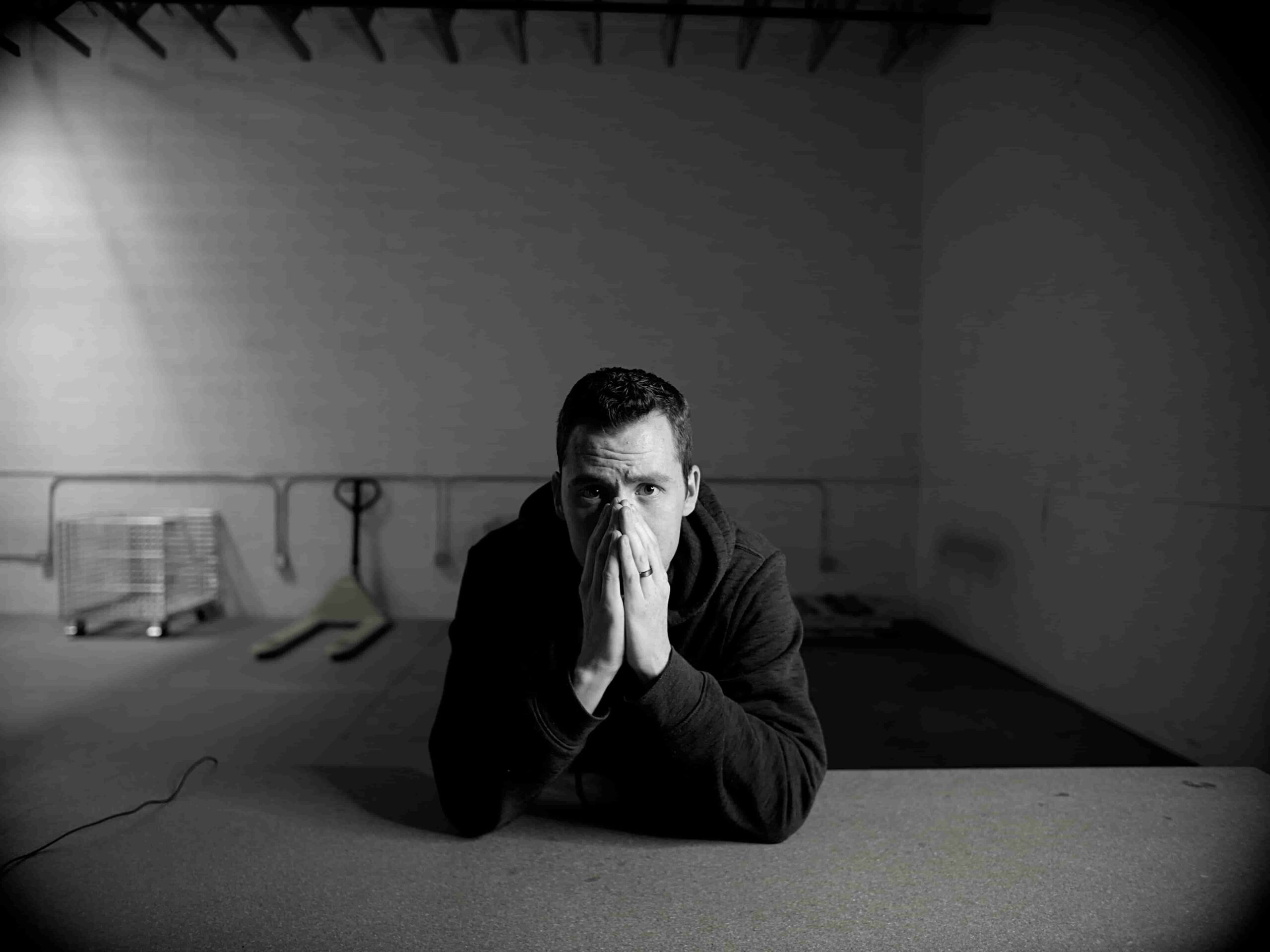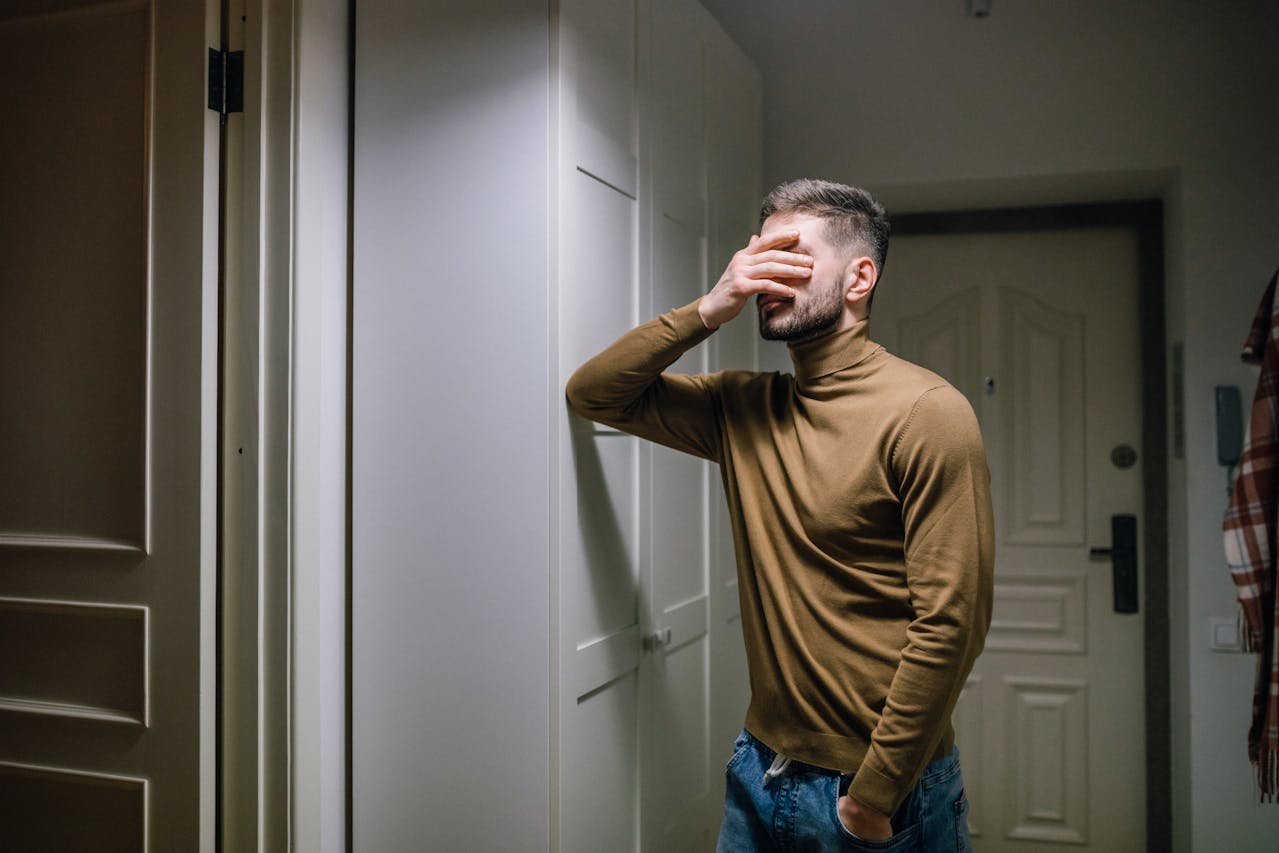It’s hard having to face going to work or school every day.
You never seem to be able to pay attention or stay on task. The work you do turn in is considered sloppy, incomplete, or just not good enough.

What other reason could there be?
You try to cope as best you can, but this only causes more stress in your life.
As you can see from this scenario, it’s not hard to make the connection between ADHD, anxiety, and depression.
Why Do People Experience ADHD, Anxiety, and Depression?
ADHD is a very isolating condition. You feel like you are alone and that nobody else understands what you are going through. Teens can really struggle with it because they see their fellow classmates making progress in school and, yet, they are falling behind.
This happens, despite the fact that having ADHD has nothing to do with intelligence or talent.
Quite the opposite, in fact. Many people who have ADHD are actually very intelligent, creative, and talented. Plus, they have the capacity for hard work and accomplishing tasks.
However, how they learn and process information is different from “neuro-typical” people. This means that there are many instances of anger, frustration, and sadness. It’s especially true when you are told to “work harder.”
The result is that you fall farther behind, and you know it.
How ADHD, Anxiety, and Depression Carry into Adulthood
What you learned in school gets carried with you into adulthood. If you never received treatment for your ADHD, it can cause a lot of problems.
You may find it hard to study or stay in school. Work becomes difficult as it’s hard to stay focused or on task. Or you find that you are only really successful in one or two things that really carry your interest (another common trait for those with ADHD). The other stuff you just keep at arm’s reach, hoping you never have to deal with it.
However, your lack of success causes you to feel more sad and depressed. Also, you are self-conscious of your condition and how others perceive you.
Therapy: Finding a Lasting Solution
The answer to problems associated with ADHD, anxiety, and depression isn’t simply to “try harder.” It’s participating in therapy and treatment with a counselor who understands the link between all three issues.
The reality of the situation is that most people who have ADHD also have other associated problems, such as anxiety and depression. You need to work with someone familiar with these issues and how they are interrelated with one another. A therapist will be able to teach you tools to help you with managing your anxiety.
Also, for perhaps the first time in your life, you will be able to talk to someone who “gets it.” When you feel understood that goes a long way towards battling depression. It’s a powerful feeling and will empower you to take those next steps towards finding real-world solutions for your ADHD.
The sad truth is that ADHD, anxiety, and depression often go hand-in-hand with one another. This is because people who struggle with ADHD often go for years without formal diagnosis or treatment. The result is that they give up on school and struggle to find success as adults. This leads to them experiencing depression and feeling unfulfilled.
However, with therapy, it is possible to manage not just ADHD, but anxiety and depression too. I invite you to learn more about ADHD counseling for adults and teens by clicking HERE.





